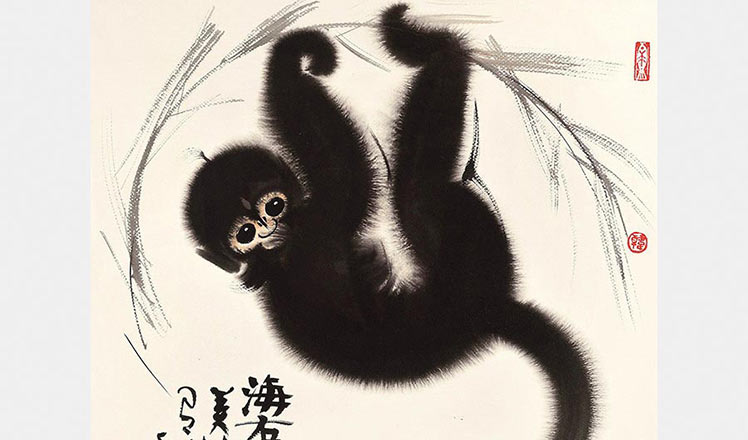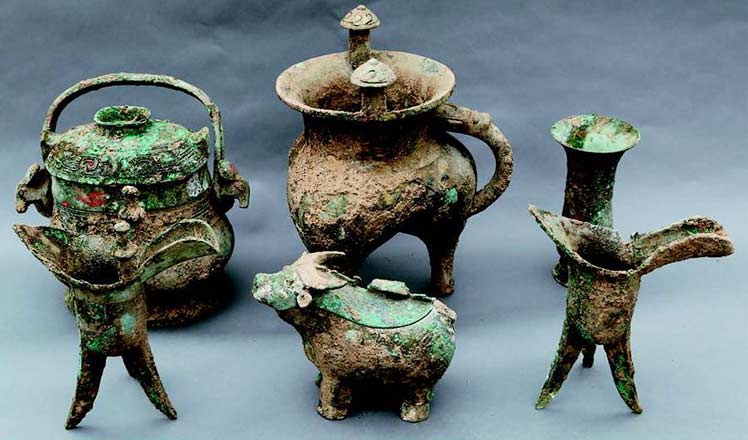Lawsuits bloom under regional litigation process
Updated: 2016-01-14 07:44
By CAO YIN(China Daily)
|
||||||||
Pilot program aims to protect independence of judges' verdicts, strengthen rule of law
The number of disputes in which residents sued regional governmental departments-legal actions that were once difficult to file-has surged in Shanghai and Beijing thanks to special courts set up in the two municipalities to hear such cases.
In the past, administrative cases in which a district's government was named as the defendant were handled by the court at the district level. But now, such disputes are sent to Shanghai No 3 Intermediate People's Court and Beijing No 4 Intermediate People's Court as part of a pilot program aimed at judicial reform.
The goal is to remove interference by the regional governments during trials, helping to ensure that judges can develop their verdicts independently, said Wu Xielin, president of the court in Shanghai.
"I have not received any 'order' from a government department over the past year whose intent was to use administrative power to 'guide' a judgment," Wu said.
Last year, 242 of the total 610 administrative disputes named a Shanghai government body as the defendant, he said, noting that the number in 2014 was just 13.
"Now, every judge on our court is ordered to inform the two parties-especially the government department that is involved-not to engage in any behavior that might influence a verdict before trial," he said. "If we find such banned activity, such as leaving a message with the court that's intended to affect a hearing, we'll record it and identify it as interference."
He said the court also contributed to urging government departments to deal with administrative affairs based on the law and to constrain administrative behavior within proper bounds.
"We will explore how to tackle commercial and civil disputes across administrative regions this year, as well as take on environmental and food safety cases," he added.
The Beijing court's experience was similar to Shanghai's. It heard 1,396 administrative disputes over the past year, about seven times as many as in 2014. The cases included some requiring a district government to disclose its work information.
Wu Zaicun, president of the court, said the boom in such cases can be attributed to the nationwide reform in case filing.
In the past, cases required a full review before filing; now, only simple registration is required.
"The lower threshold has reduced the difficulty prospective litigants face in bringing an administrative lawsuit," Wu said. "The establishment of the two courts was a step toward implementing the rule of law, as well as the judicial reforms put forward by the country's top leadership."
Consolidating jurisdictions to handle administrative cases in which government departments are defendants is also good for unifying the standards for conducting hearings and achieving consistency.
In the past, disputes that were similar ended with different judgments in a different districts' courts, he said.
Both court presidents, however, noted that the concept of regional jurisdiction is still in the exploratory phase across the country, and more experience is needed as to what sorts of cases can be heard in this way, beyond administrative ones.

 Monkey portraits by Chinese ink painting masters
Monkey portraits by Chinese ink painting masters
 SWAT members hold romantic wedding in E China
SWAT members hold romantic wedding in E China
 Stephane Peterhansel regains Dakar Rally lead
Stephane Peterhansel regains Dakar Rally lead
 Goodbye to steam trains
Goodbye to steam trains
 Top 11 events in the wearable sector in 2015
Top 11 events in the wearable sector in 2015
 Execs introduce new models at Detroit Auto Show
Execs introduce new models at Detroit Auto Show
 Foreigners learn mushroom cultivation skills in Xi'an
Foreigners learn mushroom cultivation skills in Xi'an
 Academy releases top 6 archaeological finds of 2015
Academy releases top 6 archaeological finds of 2015
Most Viewed
Editor's Picks

|

|

|

|

|

|
Today's Top News
Obama to deliver final State of the Union speech
Shooting rampage at US social services agency leaves 14 dead
Chinese bargain hunters are changing the retail game
Chinese president arrives in Turkey for G20 summit
Islamic State claims responsibility for Paris attacks
Obama, Netanyahu at White House seek to mend US-Israel ties
China, not Canada, is top US trade partner
Tu first Chinese to win Nobel Prize in Medicine
US Weekly

|

|








